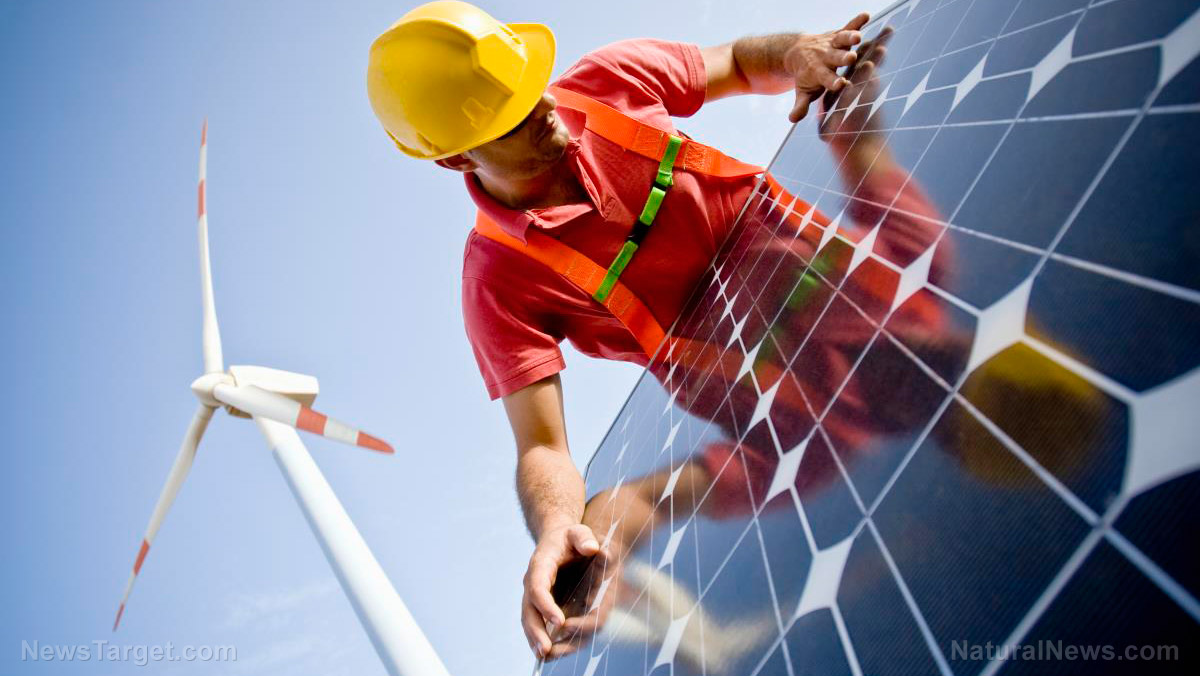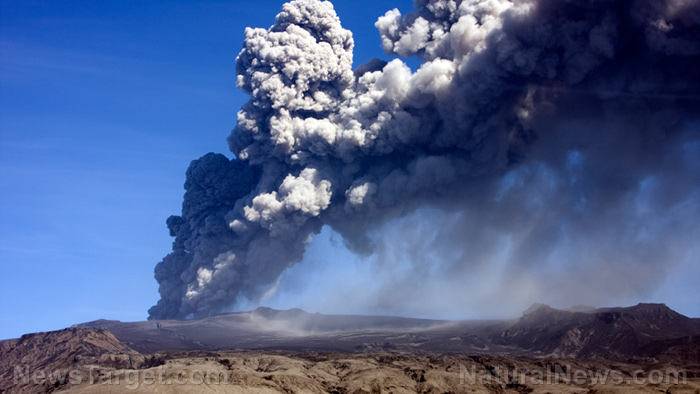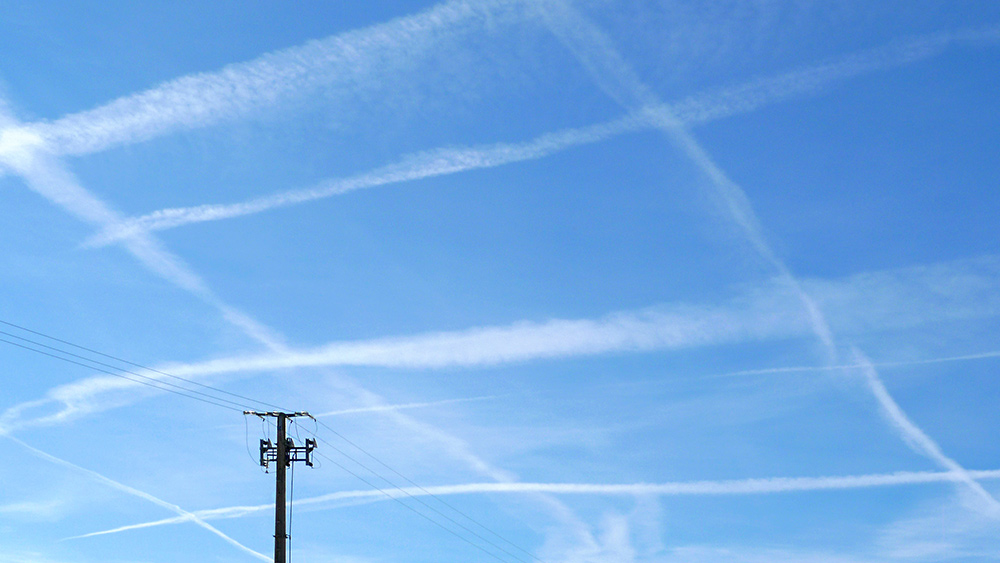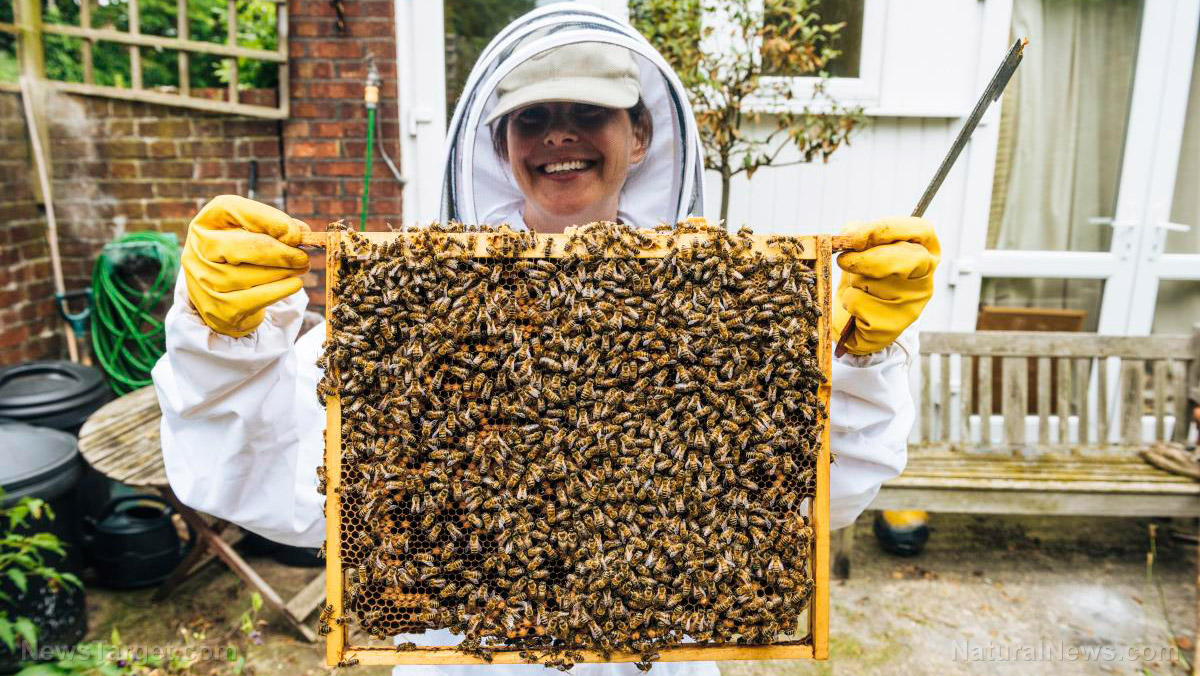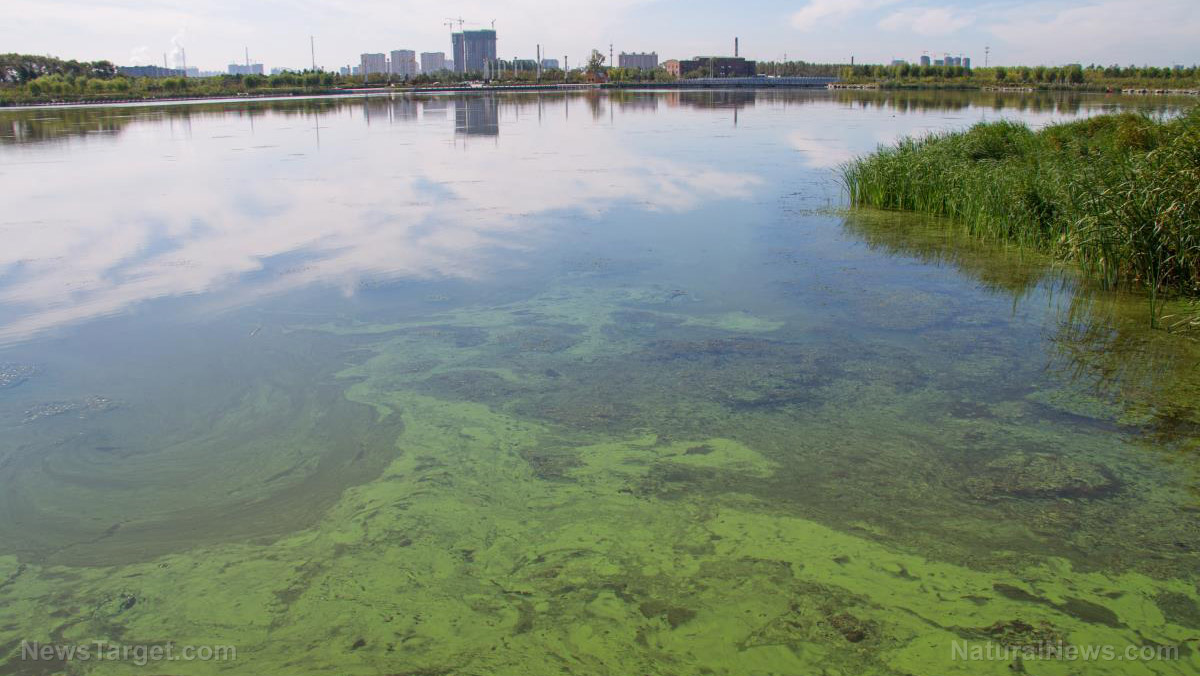At least 20 different wildfires are burning up California right now
08/20/2020 / By Ethan Huff

There are now so many wildfires blazing across California that already stretched fire crews are no longer able to keep up with trying to fight them all.
Some two dozen wildfires, mostly in Northern California, are eating up tens of thousands of acres as increasingly more area residents are being forced to evacuate from their homes.
California is now under a state of emergency following several weeks of unprecedented heat, which triggered many of these wildfires and led to widespread power outages.
“Throughout the state of California right now, we are stretched thin for crews,” says Will Powers, a state fire spokesman, about the severity of these wildfires. “Air resources have been stretched thin throughout the whole state.”
In Solano County, a massive wildfire has already burned up a slew of homes and other structures, with more apparently in its path. In Vacaville, many are having to evacuate their homes due to this fire’s spread.
All throughout the North Bay, residents are being told they must flee for their own safety as the fiery inferno blazes unabated.
Another massive fire located to the southwest of San Francisco and Silicon Valley has led to the evacuation of at least four different state and county parks, including Big Basin Redwoods State Park, Año Nuevo State Park, Butano State Park, and Pescadero Creek County Park.
The Santa Cruz County Sheriff’s Office tweeted a map of the evacuated areas, which it indicated is “expected to expand” as the fire grows and spreads.
“Please be prepared,” the department warned at the end of the tweet.
Death Valley reaches 130 degrees, possibly a record
So far, the counties of Alameda, Contra Costa, Santa Clara, Stanislaus, and San Joaquin are all affected by these fires with more on the way if they cannot be contained.
It would appear as though all of them are uncontained at this point, which means those who live in and around the areas where they are spreading need to take extreme caution to protect themselves and their families.
Over in Death Valley, which regularly reaches extreme temperature highs, the National Weather Service (NWS) reported that the mercury soared as high as 130 degrees Fahrenheit in front of the Furnace Creek Visitor Center – this potentially being a world record.
The good news is that temperatures do seem to be on the decline, which will at least help to alleviate the energy shortages and rolling blackouts that are affecting hundreds of thousands of California homes.
The Western Cooling degree days (CDD) would appear to have peaked this past week, and is now set for a 45-day slide. This means that the amount of energy it takes to cool a structure in the state of California will more than likely decline, alleviating the burden on the state’s energy resources.
As many as 3.3 million households in California suffered through one or more rolling blackouts over the past week, with hopefully some reprieve coming very soon.
“Amazing how such a ‘green’ state is always polluting the air with fires from their refusal to maintain their forests!” noted one Zero Hedge commenter, making a poignant observation about how California’s failed forest management policies may be to blame for this ongoing catastrophe. “Hope all that smoke doesn’t block your solar panels!”
“California (and the biggest landholder, the Feds) don’t leave the forest alone; they actively suppress small natural fires, and don’t let anything else — such as loggers etc. — mitigate the steady fuel-growth until the inevitable fire happens that’s too big to suppress,” wrote another, offering a different take on the situation.
For more related news about the California wildfire situation, be sure to check out ClimateScienceNews.com.
Sources for this article include:
Tagged Under: California, destruction, heatwave, natural disaster, power outages, rolling blackouts, uncontained, wildfires
RECENT NEWS & ARTICLES
COPYRIGHT © 2017 CLIMATE SCIENCE NEWS

